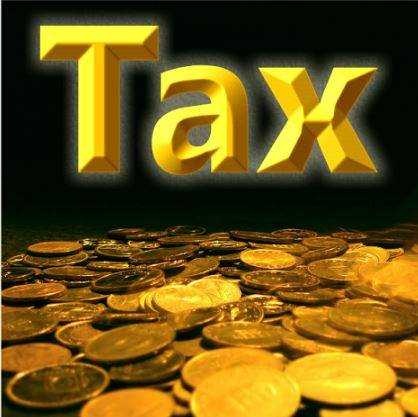
The tax system of India includes many different types of taxes, one of which was property tax. Wealth tax was a direct tax of sorts. Wealth tax was a tax levied by the government on a person's personal property or capital, HUF, and companies, property tax was to be paid on the property purchased along with income after paying income tax.
The Wealth Tax Act 1957
included the rules governing wealth tax in India. The Act was enacted in India by the Income Tax Department of India on 1 April 1957, after which the Act was well amended in 1993 on the recommendation of the Chelia Committee.
The Reserve Bank of India is exempted from paying wealth tax. The Act was applicable to the whole of India along with Jammu and Kashmir and the Union Territories. But this tax act was abolished on April 1, 2017. The wealth tax was replaced with an additional surcharge of 2 percent on the super-rich with a taxable income of over 1 crore annually.